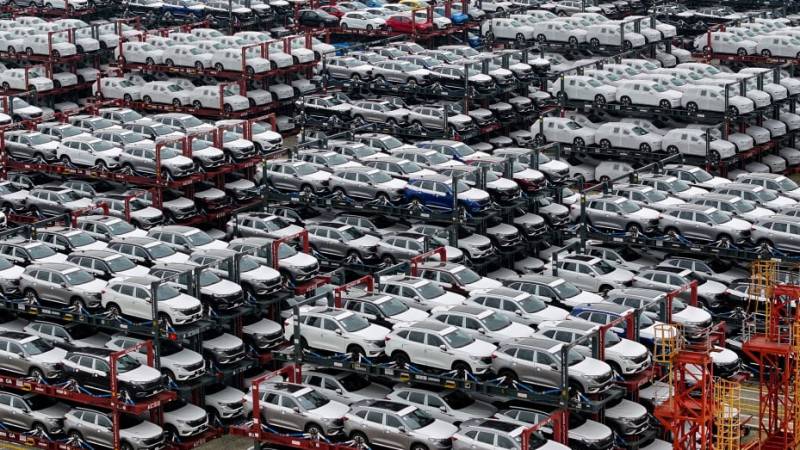
China wants the EU to drop plans to impose tariffs on Chinese manufactured electric vehicles (EVs) imported into Europe, as both sides have agreed to start talks about the EU’s planned imposition of tariffs on Chinese manufactured EVs.
The EU announced that it would impose provisional duties as high as 38.1% on imported Chinese-made EVs, which would come into force starting July 4. The EU has cited substantial state subsidies to manufacturers like BYD, Geely and SAIC as the reason for the tariffs.
According to European Commission regulations, provisional tariffs can be imposed within nine months of the start of an anti-subsidy investigation, and can be applied for a maximum of four months. After four months under a provisional tariff regime have elapsed, the European Commission must decide to apply definitive duties. In the case of Chinese EVs, the decision date for the EU to apply definitive duties is November 3.
Officials from the European Commission are slated to host technical talks with Chinese officials in Brussels this week, as China has expressed a willingness to negotiate.
Experts suggest that Beijing does not want to enter into another trade spat, as the tariffs imposed by Trump on Chinese goods have caused the share of Chinese products as a share of US imports to nearly halve since 2018.
Both the EU and the USA have turned to protectionism in their trading relationship with China over fears that China’s export oriented development model, coupled with weak domestic demand and industrial overcapacity, would lead to Western markets being flooded with cheap goods.
Beijing has vehemently denied accusations of unfair subsidies to its EV industry, and Chinese officials have been particular about shrugging off the overcapacity allegations, maintaining that China’s position in global markets is owed to technological advances and supply chain advantages.
For its part, China has opened up an investigation into EU pork imports, and reports suggest Beijing will also investigate European imports of dairy products and European luxury vehicles as potential targets for retaliatory measures should the tariffs go into effect.
China has also warned of triggering a trade war with the EU, and has repeated its threat to lodge a lawsuit with the World Trade Organization (WTO) to “defend its legitimate rights and interests,” in what it calls a case of “blatant protectionism.”
Germany’s minister for economic affairs and climate action Robert Habeck visited Beijing on a three-day trip to discuss the tariffs. In a surprising move, Habeck sought to alleviate tensions and use the opportunity to allay the risk of Chinese retaliation in the form of tariffs and other trade countermeasures against German luxury car manufacturers such as BMW, Porsche, Audi and Mercedes Benz. Nearly a third of all German automakers’ sales come from China.
